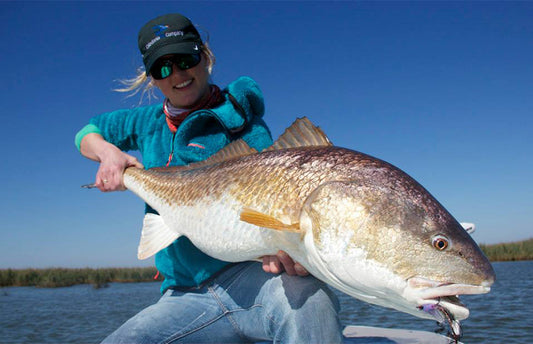FISHPOND FOUNDER JOHN LE COQ VOICES HIS SUPPORT FOR GREY WOLVES
Contact: Amanda Milster, amilster@endangered.org (314) 322-1080
Tara Thornton, tthornton@endangered.org
200 Business Leaders Show Support for Gray Wolves
Letter Urges Obama Administration to Retain Endangered Species Protections
Washington, D.C. – The U.S. Fish and Wildlife Service has proposed to remove federal Endangered Species Act protections for gray wolves across the country, and that move has irked some 200 business leaders who say the move is premature and will thwart wolf recovery. As the public comment period drew to close on Tuesday, over 200 business leaders publicly announced their support for continued protections for wolves by sending a letter to Secretary of the Interior Sally Jewell, Director of the U.S. Fish and Wildlife Service Dan Ashe, and President Barack Obama. Many conservation groups, scientists, and others have also expressed concern that the delisting is premature and will prevent wolves from continuing to recover and establish populations in new parts of their historic range.
“This is a precious animal of great cultural significance to North America, an already threatened species whose future requires our responsible stewardship,” said Mandy Cabot, President, CEO, and Co-Founder of Dansko. “Delisting could mean a significant decline in an already small gray wolf population, spurred by aggressive management tactics and hunting policies. This has a negative ripple effect on communities who embrace this species to educate others, and who are reliant on tourism and outdoor recreation for their economic livelihood.”
Gray wolves were declared endangered in most of the country in 1967 and were missing from almost the entire western United States by 1973. In order to help the process of recovery, the Fish and Wildlife Service began capturing wolves in Canada and releasing them in the U.S. In 1995, wolves were reintroduced to Yellowstone National Park in Wyoming and the Frank Church River of No Return Wilderness in Idaho. Tourists traveled from all over the world hoping to see a wild wolf in Yellowstone, injecting millions of dollars into local economies around the park.
“The wolf's howl across grassland and forest connects us directly to wilderness as Lewis and Clark saw it -- the wilderness that formed how we think of ourselves as a nation and as a people,” said Rick Ridgeway, Vice President of Environmental Affairs for the outdoor clothing company, Patagonia. "Gray wolves are iconic, they are native, and they have played a key historical role across North America to keep the ’wild‘ in wilderness. Their reintroduction in Yellowstone National Park has proved how their presence not only helps balance and restore ecosystems, but also attracts people and economic opportunity to nearby communities. Beyond their financial benefits, wolves restore the heart and soul to wilderness.”
While gray wolf populations are now present in the Great Lakes and parts of the Pacific Northwest, there are large areas of identified suitable habitat in the Northeast and western parts of the United States. These business owners are concerned that removing these protections will allow wolves to be hunted before they can establish viable populations in new territories.
“We can never lose that wellspring of our identity, and the Endangered Species Act has served to protect it by allowing Gray Wolves to begin their recovery from near extinction in the U.S.,” added Ridgeway. “But the current delisting proposal threatens that progress, and we at Patagonia therefore support the ongoing listing of the Gray Wolf as an affirmation of our nation’s longstanding commitment to protecting wildlife and fostering intact ecosystems."
“As the founder of an outdoor recreation-based company in Colorado that has become successful because of the natural beauty and health of our habitat, I promote the ideals of freedom that are often overlooked," said John Land Le Coq, founder of Fishpond LLC. "Roaming free, the wolf personifies the "Wild West"--a landscape that is an essential part of our American heritage. It is our responsibility to protect it with everything we have in our power through the Endangered Species Act.
The letter was delivered to the administration on December 18 and was submitted as part of the public comment period. Public hearings on the proposal were held across the country this year and generated overwhelming support for continued protection for wolves. A scientific peer review is also set to begin this month, with a report to follow.


